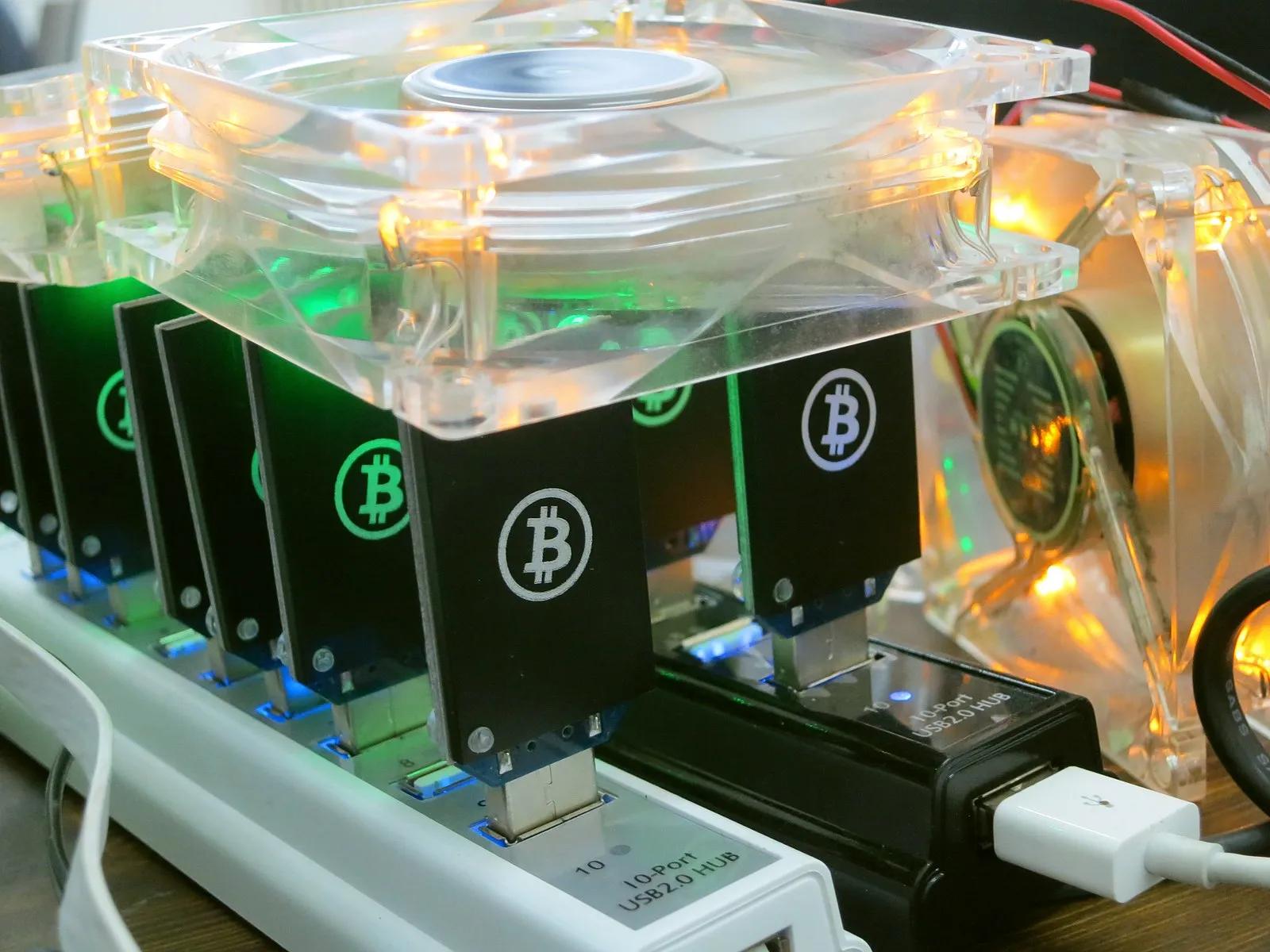Bitcoin mining: Eco-villain or sustainable solution?
The carbon impact of mining bans might surprise you—studies find unintended environmental effects

In fact, a 2022 report from the White House revealed that the energy demands of Bitcoin exceed the combined energy usage of all other cryptocurrencies. The report noted that as of August 2022, Bitcoin accounted for an estimated 60% to 77% of the global electricity usage among crypto assets.
Digging deeper into Bitcoin mining's environmental footprint, the United Nations University (UNU) issued a press release in 2023 emphasizing that Bitcoin mining worldwide largely relies on fossil fuels, resulting in adverse effects on land, water, and the carbon footprint. These findings were included in the UNU’s study The Environmental Footprint of Bitcoin Mining Across the Globe: Call for Urgent Action.
Professor Kaveh Madani, Director at the United Nations University Institute for Water, Environment, and Health, led the study and clarified in a press release that these findings “should not discourage the use of digital currencies.” Rather, they must “encourage us to invest in regulatory interventions and technological advancements that improve the efficiency of the global financial system without harming the environment”.
Positive environmental impact
Yet, while Bitcoin mining poses environmental challenges, others have also explored its potential benefits.
For instance, Forbes recently reported that Bitcoin mining could play a role in reducing methane emissions. Several businesses are looking into capturing methane from landfills and converting it into electricity, which can then be used for Bitcoin mining. This process could serve dual purposes, reducing emissions while turning idle energy into digital gold.
Additionally, while some countries—such as China—have banned Bitcoin mining for environmental reasons, a new study suggests that these bans could sometimes be counterproductive.
The Exponential Science Foundation’s report, The Unintended Carbon Consequences of Bitcoin Mining Bans: A Paradox in Environmental Policy, suggests that prohibitions can actually drive miners to relocate to regions with fossil-fuel-dependent power grids, potentially worsening carbon emissions.
According to CoinDesk, the report indicates that bans in Europe and America might increase emissions, whereas bans in Kazakhstan could be more effective in combating them.
Nikhil Vadgama, co-founder of Exponential Science, noted that the study emphasizes the need for science-based regulations.
🚨BIG BREAKING: New Peer Reviewed Research firmly backs up claims that Bitcoin mining is a powerful tool for reducing methane emissions.
— Dennis Porter (@Dennis_Porter_) August 30, 2024
This groundbreaking paper highlights the ability for BTC mining to utilize methane from landfills - methane is 28x more potent for warming… pic.twitter.com/RGFeTbyjfj
Calls for sustainable action
Some Bitcoin miners are also taking steps toward sustainable practices. For example, Green Mining DAO leverages decentralization, profitability, and sustainability in its mining operations. Recognizing the environmental issues associated with traditional mining, the organization uses renewable energy to power its activities, reducing its carbon footprint.
According to its official website, “this sustainable approach not only reduces environmental impact but also lowers energy costs, enhancing the profitability of mining operations.”
Furthermore, Green Mining DAO operates as a decentralized autonomous organization (DAO), enabling community-driven decision-making. Beyond environmental benefits, this model also promotes inclusivity and transparency in governance.
While Bitcoin mining has sparked legitimate environmental concerns, these various approaches illustrate that the issue is not black and white. As the industry continues to evolve, there may be further opportunities for balancing technological progress with environmental responsibility.




